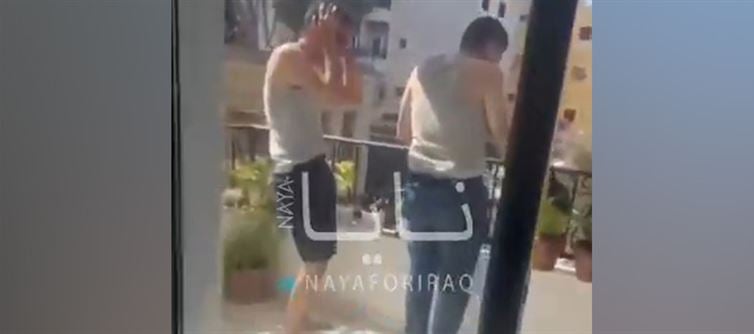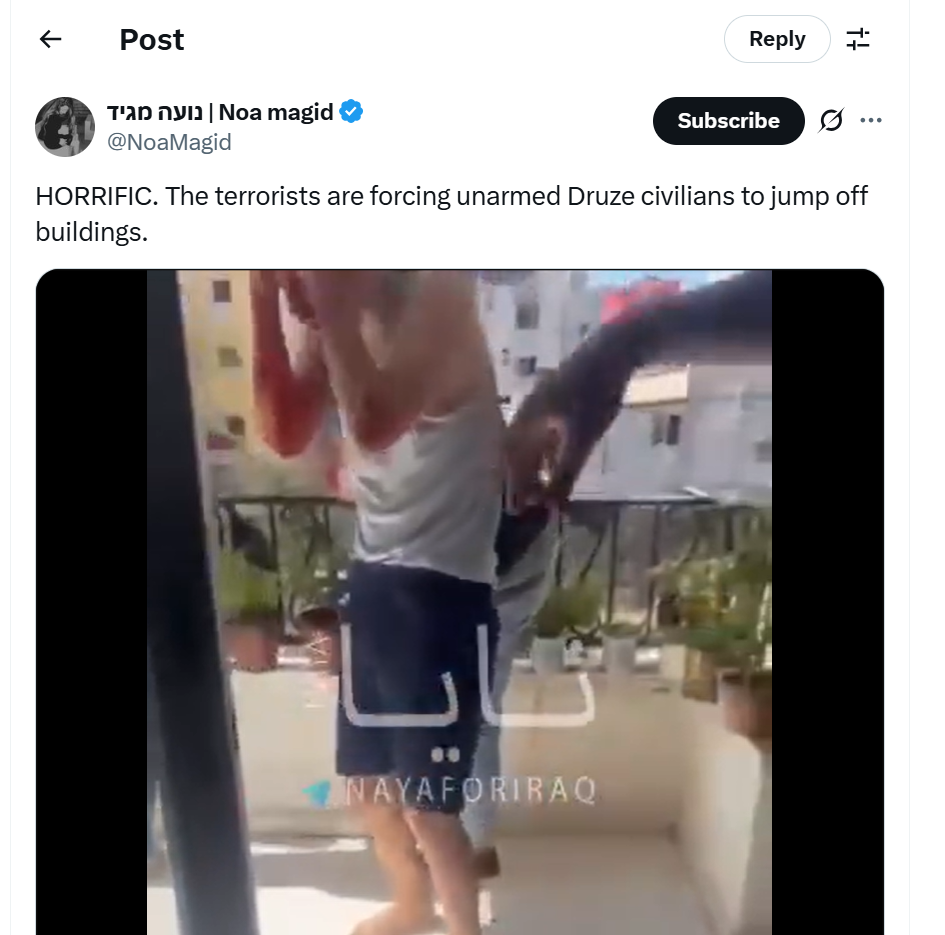
Forcing victims to die in such a horrifying manner is not just physical violence — it is a deliberate tactic of humiliation, ethnic cleansing, and extermination of anyone who doesn’t conform to their extremist ideology. For the targeted communities, these acts are not just attacks on individuals but on their very identity and existence.
What is perhaps more disturbing than the violence itself is the deafening silence from much of the international human rights community. While some organizations issue periodic statements, there has been a glaring lack of sustained pressure or mobilization to intervene or investigate these crimes. The same global voices that rally passionately around causes in other regions seem inexplicably absent when it comes to the plight of non-Muslim minorities suffering under Islamist extremism. This selective outrage erodes the credibility of human rights institutions and raises uncomfortable questions about political biases and double standards.
 The suffering of Druze, Christians, Yazidis, and other minorities should be front and center in global human rights discourse. Human rights are not meant to be convenient tools used selectively — they are universal. Yet, when minorities in syria cry out for help, their voices are often met with indifference or political maneuvering. If human rights activists and international bodies fail to take decisive action, these communities may be wiped out from their ancestral lands. Silence is complicity, and history will remember who spoke up — and who turned away.
The suffering of Druze, Christians, Yazidis, and other minorities should be front and center in global human rights discourse. Human rights are not meant to be convenient tools used selectively — they are universal. Yet, when minorities in syria cry out for help, their voices are often met with indifference or political maneuvering. If human rights activists and international bodies fail to take decisive action, these communities may be wiped out from their ancestral lands. Silence is complicity, and history will remember who spoke up — and who turned away.




 click and follow Indiaherald WhatsApp channel
click and follow Indiaherald WhatsApp channel